Is gluten intolerance real? My friend, lemme tell you: not only is it YES real, it has a name: Non-Celiac Gluten Sensitivity or NCGS.
Let' dive in!
Table of contents
- What is Non-Celiac Gluten Sensitivity?
- Is Gluten Intolerance the same thing as Celiac Disease?
- Symptoms of NCGS or gluten intolerance:
- How soon will the symptoms appear after eating gluten?
- Diagnosis of Non-Celiac Gluten Sensitivity:
- There are so many things we don't yet know about gluten intolerance.
- So yes - gluten intolerance absolutely is real and it has a name: Non-Celiac Gluten Sensitivity.
- Treatment of NCGS:
- Foods to cut out when going gluten-free:
- Is Gluten Intolerance Real? Most definitely.
Non-celiac gluten-sensitivity is a condition characterized by intestinal and extra-intestinal symptoms that appear after eating gluten-containing foods.
And the symptoms appear in people without celiac disease or wheat allergy (1).
Non-celiac gluten-sensitivity may be immune-related but there is currently no diagnostic test from a reliable biomarker (1, 2).
NCGS is actually more common than you might think: it has a prevalence of about 0.5% - 13% worldwide and is more common in women (1).
Do you feel bloated and nauseated, have GERD (or reflux), stomach pain and are super tired all the time? If you've suspected gluten just might be the problem, then keep reading.
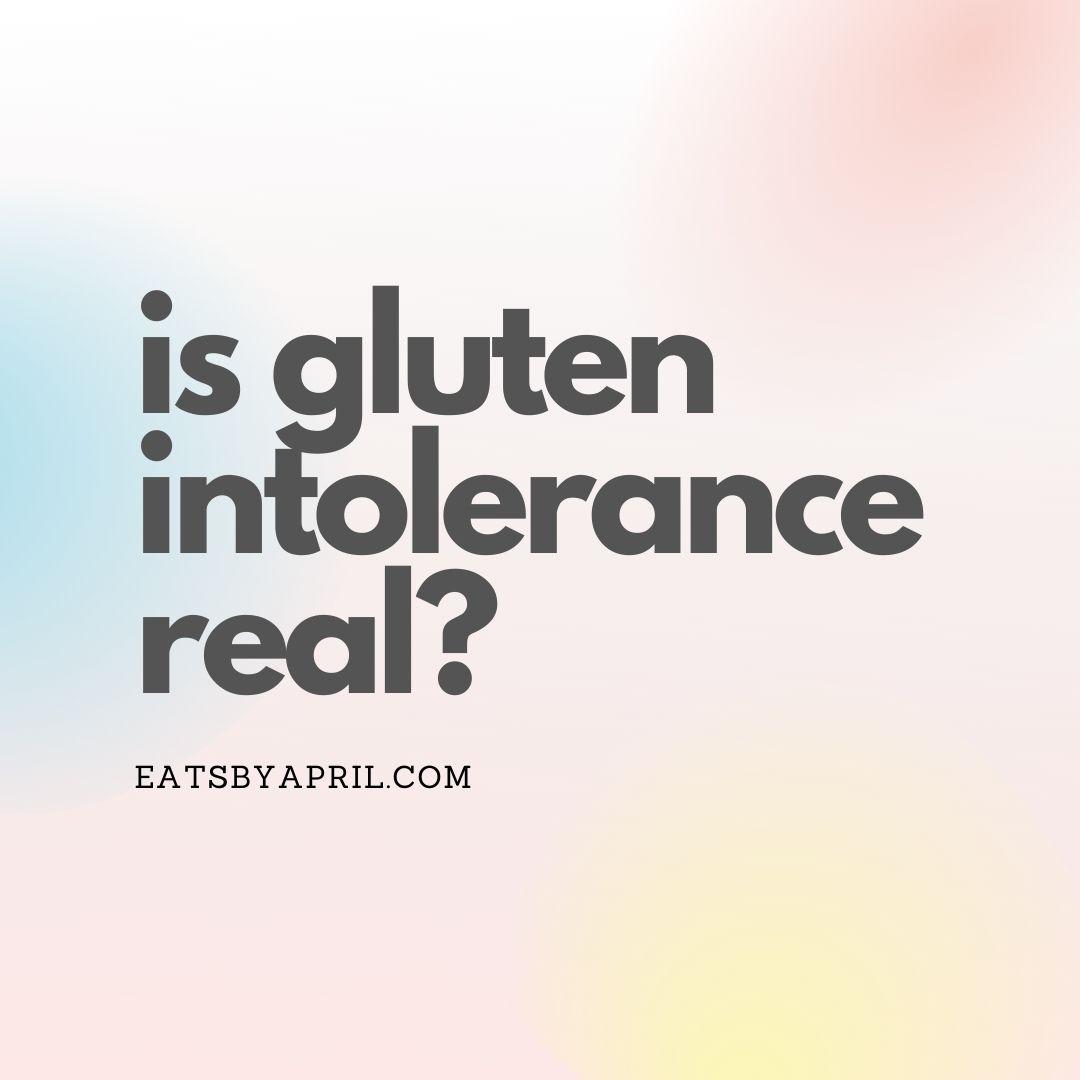
In this article, I answer the following questions:
- What is Non-Celiac Gluten Sensitivity?
- Is Gluten Intolerance the same thing as Celiac Disease?
- What are the symptoms of gluten intolerance or Non-Celiac Gluten Sensitivity?
- How soon with the symptoms start after eating gluten?
- How is Non-Celiac Gluten Sensitivity diagnosed?
- What is the treatment for Non-Celiac Gluten Sensitivity? and,
- Which foods to cut out when you're first going gluten-free
And I've been there.
After being diagnosed with non-celiac gluten sensitivity after years of stomach issues, going gluten-free and then learning more about non-celiac gluten sensitivity, anyone else I can pass this information on to, I will.
Let's dive in!
What is Non-Celiac Gluten Sensitivity?
Gluten intolerance, or non-celiac gluten sensitivity (NCGS) is a condition that involves intestinal and extra-intestinal symptoms.
You get the symptoms when you eat gluten-containing foods.
Non-celiac gluten sensitivity was first noticed in the 1980s when a gluten-rich diet caused celiac disease-like symptoms in patients but they didn't have those typical signs of celiac disease (damage to the intestine.)
Is Gluten Intolerance the same thing as Celiac Disease?
In a word: heck no. (Ok two words.)
Gluten intolerance or non-celiac gluten sensitivity is different from Celiac Disease, or Wheat Allergy for that matter.
People that have celiac disease or wheat allergy have specific allergic responses that activate in the body, causing damage to the small intestine or an anaphylactic reaction.
For gluten-intolerance, it's not clear yet if the immune system is involved or not (1,2).
Symptoms of NCGS or gluten intolerance:
Signs and symptoms of NCGS overlap with both celiac disease and other digestive issues, including irritable bowel syndrome.
They include:
- GERD (Gastric Esophageal Reflux Disease) or reflux
- Abdominal pain
- Bloating
- Diarrhea
- Nausea
- Constipation
- Extra-intestinal manifestations such as canker sores and chronic skin conditions like, dermatitis herpetiformis
- Ataxia
- Inability to concentrate on work
- Inability to memorize various things
- Non-specific symptoms including "brain fog"
- Depression
- Anxiety
- Fatigue
How soon will the symptoms appear after eating gluten?
Typically, you'll notice the start of symptoms pretty soon after eating gluten.
In the case of non-celiac gluten sensitivity, symptoms will arise after a few hours or maybe even days after eating gluten.
In the case of celiac disease, it could be several hours, days or even weeks.
For wheat allergy, symptoms appear within a few minutes, which is a typical allergic response, sometimes resulting in an anaphylactic reaction.
Diagnosis of Non-Celiac Gluten Sensitivity:
Recent research shows us that the diagnosis of non-celiac gluten sensitivity (NCGS) is complicated at best.
Non-celiac gluten-sensitivity may be immune-related but there is currently no diagnostic test from a reliable biomarker (1, 3).
Plus, here's the kicker: you can have NCGSS and don't have celiac disease or wheat allergy(3).
Unlike celiac disease where the gold standard way to get a definitive diagnosis is a biopsy of the small intestine while consuming a gluten-containing diet, there is no definitive test for NCGS (1, 3).
Not only that, but there’s a lot of overlap in symptoms between NCGS and other gastrointestinal disorders, making a clear diagnosis even more difficult.
Combine all this with the fact that the pathophysiology of NCGS is largely unclear, including what triggers this condition (1), this makes it really tough to figure out what's going on.
Catassi et al (2015) recommend a double blind placebo controlled gluten challenge, including a one-week challenge followed by a one-week wash-out of strict gluten-free diet and a new crossover to the second one-week challenge (3).
This is the most reliable tool for diagnosing NCGS for sure but it doesn't really work for real life. Great for clinical trials, but hello? You have a busy life, going from Zooms meeting to a kid pick-ups with making suppers and lunches and never-ending(!) snacks in between.
We do not have time for clinical-trial-like protocols here. You still have to live.
So. What to do?
Most clinicians recommend an “open gluten challenge”, which is what my gastroenterologist recommended.
This is really the most practical way to do it: you cut out gluten and see if your symptoms improve.
Of course has flaws and is based on your ability to follow a gluten-free diet.
For me, I was pretty wishy-washy with the gluten-free diet until I made it stick. For good.
If you want to know more about out how I finally cut the gluten, check out: How to Relieve Bloating from Gluten Intolerance
There are so many things we don't yet know about gluten intolerance.
Bottom line is: being super bloated from the reflux and crazy nauseated, plus having stomach pain and feeling tired like you've never slept is no fun at all.
But I felt so sick most days before I finally figured out what the heck was going on with me.
And it took years of:
- Taking prescription level medication, usually reserved for stomach ulcers(!) for my never ending heartburn
- Struggling to get through a day of work because I was so nauseated (and popping Gravol like tic tacs to try and get some relief
- Painful bloating to the tune of looking like I was 7 months pregnant again
- Missing out on going to the park with my kids
So yes - gluten intolerance absolutely is real and it has a name: Non-Celiac Gluten Sensitivity.
Treatment of NCGS:
Treatment of this condition is the same as that of celiac disease: staying away from gluten for life.
When you do kick the gluten from your diet for good, the symptoms of the NCGS start to disappear within a week or two, but the neurological symptoms (if you have them) can take more time to go away completely.
To be sure you're cutting out the majority of gluten from the diet, make sure the following is cut out:
Foods to cut out when going gluten-free:
- Anything made with wheat and related grains like barley, rye, spelt, kamut and triticale
- For oats, buy gluten-free (regular oats can contain wheat from cross contamination in the field they're grown in)
- Bagels
- Bread
- Cake
- Cereals
- Cookies
- Crackers
- Muffins
- Pancakes
- Pasta
- Tortillas
- Waffles
Is Gluten Intolerance Real? Most definitely.
So what's the bottom line here?
Both celiac disease and non-celiac gluten sensitivity occur due to intolerance of gluten in the diet.
Signs and symptoms of both these diseases are similar, and their extra-intestinal manifestations are also alike. Neurological complications are unique to NCGS.
Although celiac disease can be diagnosed using serological testing and biopsy, no definite testing method has been developed for NCGS yet.
Treatment of both these problems is basically the same: you have to avoid gluten for life.
Get started with my Simple, Gluten-Free and Healthy Meal Plan here.
And subscribe to my email list so I can show you the gluten-free way of life😄
Want more?
Sign-up to get all the healthy and gluten-free recipes delivered straight to your inbox each week.
"*" indicates required fields
~April
Check out these other articles you may find useful:
- How to Get Enough Carbs on a Gluten Free Diet: 3 Easy Steps
- How to Relieve Bloating from Gluten Intolerance
- How Long After Eating Gluten Do You Feel Sick?
- 7 Sneaky Signs You May Be Gluten Intolerant
References:
- Asri N, Rostami-Nejad M, Anderson RP, Rostami K. The Gluten Gene: Unlocking the Understanding of Gluten Sensitivity and Intolerance. Appl Clin Genet. 2021;14:37-50. https://doi.org/10.2147/TACG.S276596
- Casella G, Villanacci V, Di Bella C, Bassotti G, Bold J, Rostami K. Non celiac gluten sensitivity and diagnostic challenges. Gastroenterol Hepatol Bed Bench. 2018 Summer;11(3):197-202. PMID: 30013742; PMCID: PMC6040028.
- Catassi C, Elli L, Bonaz B, Bouma G, Carroccio A, Castillejo G, Cellier C, Cristofori F, De Magistris L, Dolinsek J, Dieterich W, Francavilla R, Hadjivassiliou M, Holtmeier W, Körner U, Leffler DA, Lundin KEA, Mazzarella G, Mulder CJ, Pellegrini N, Rostami K, Sanders D, Skodje GI, Schuppan D, Ullrich R, Volta U, Williams M, Zevallos VF, Zopf Y, Fasano A. Diagnosis of Non-Celiac Gluten Sensitivity (NCGS): The Salerno Experts’ Criteria. Nutrients. 2015; 7(6):4966-4977 (downloaded)

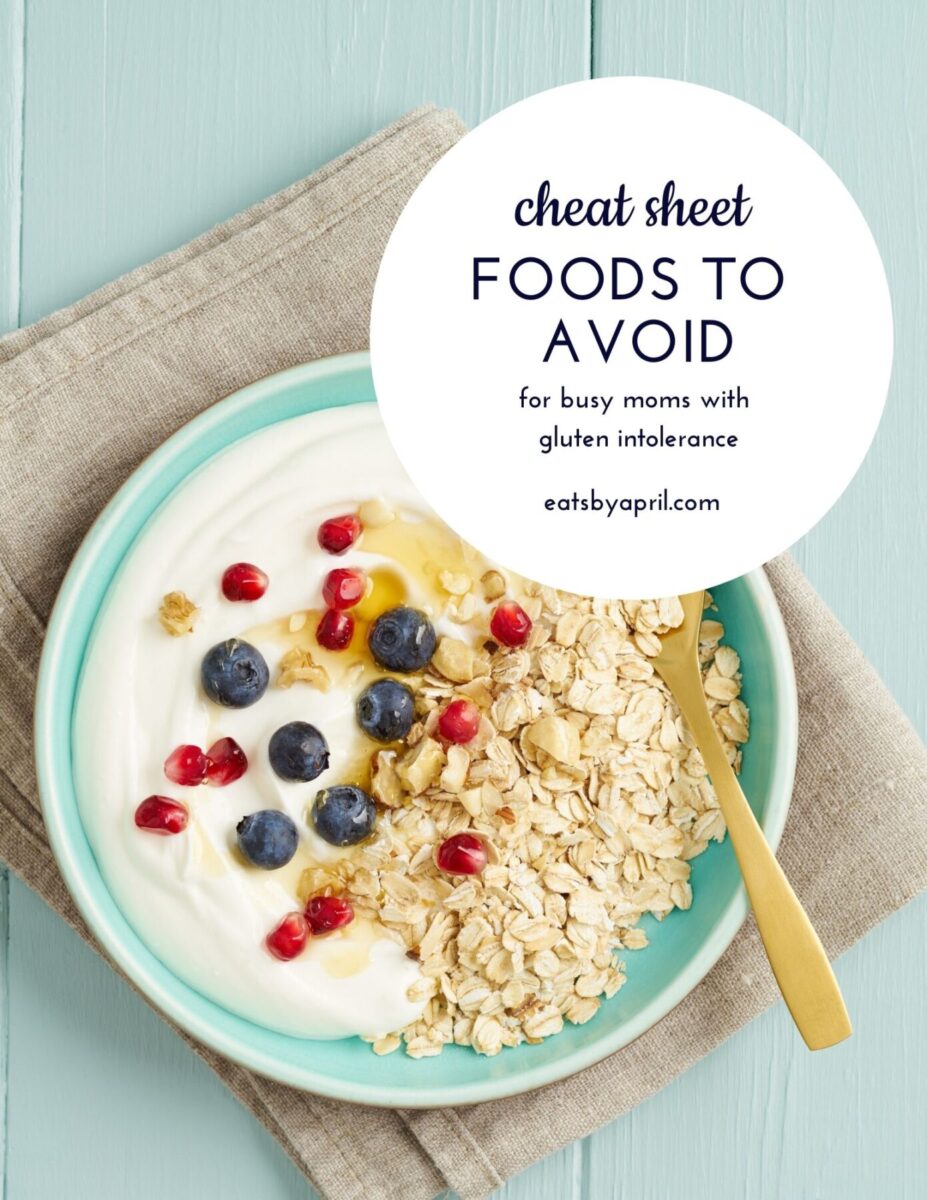
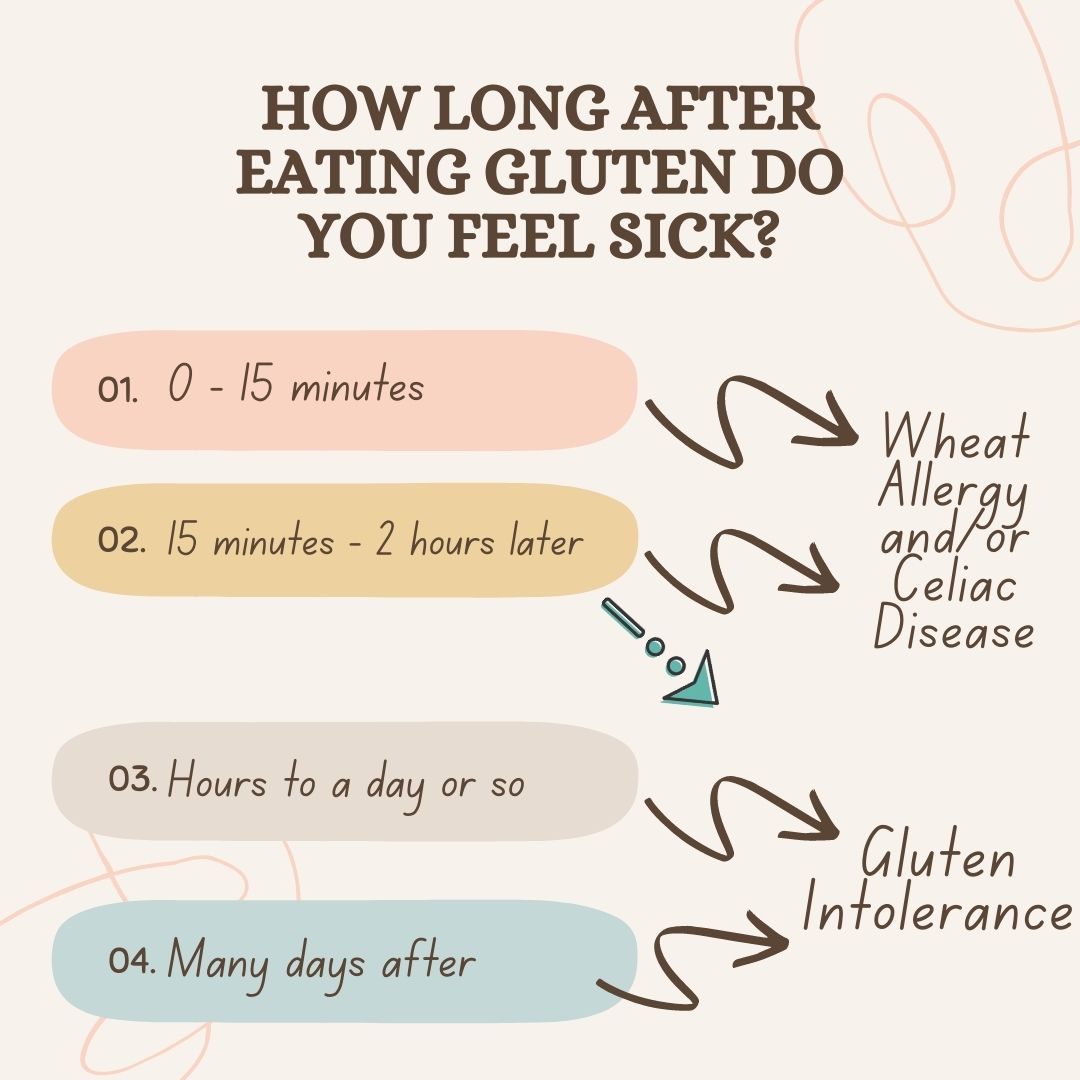
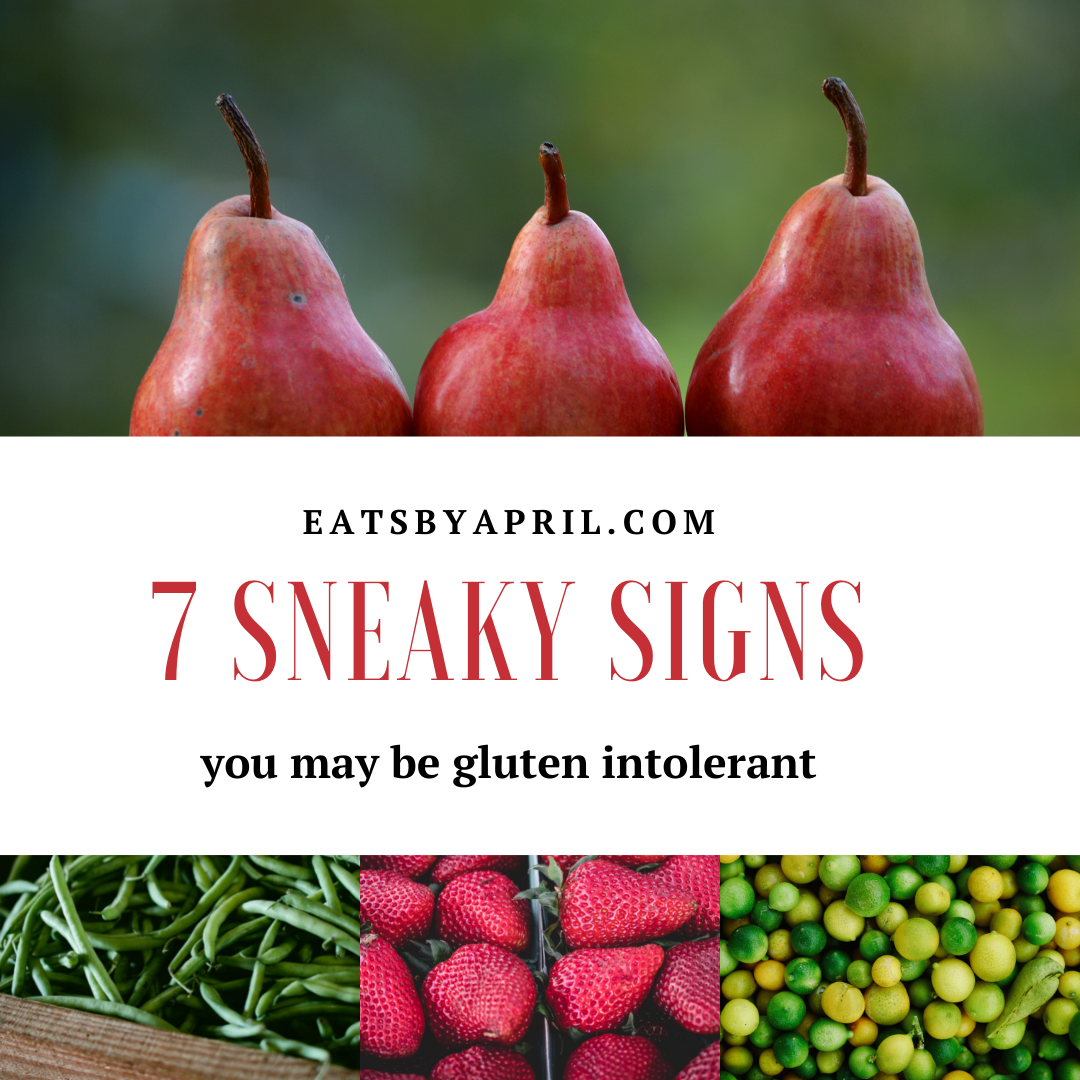
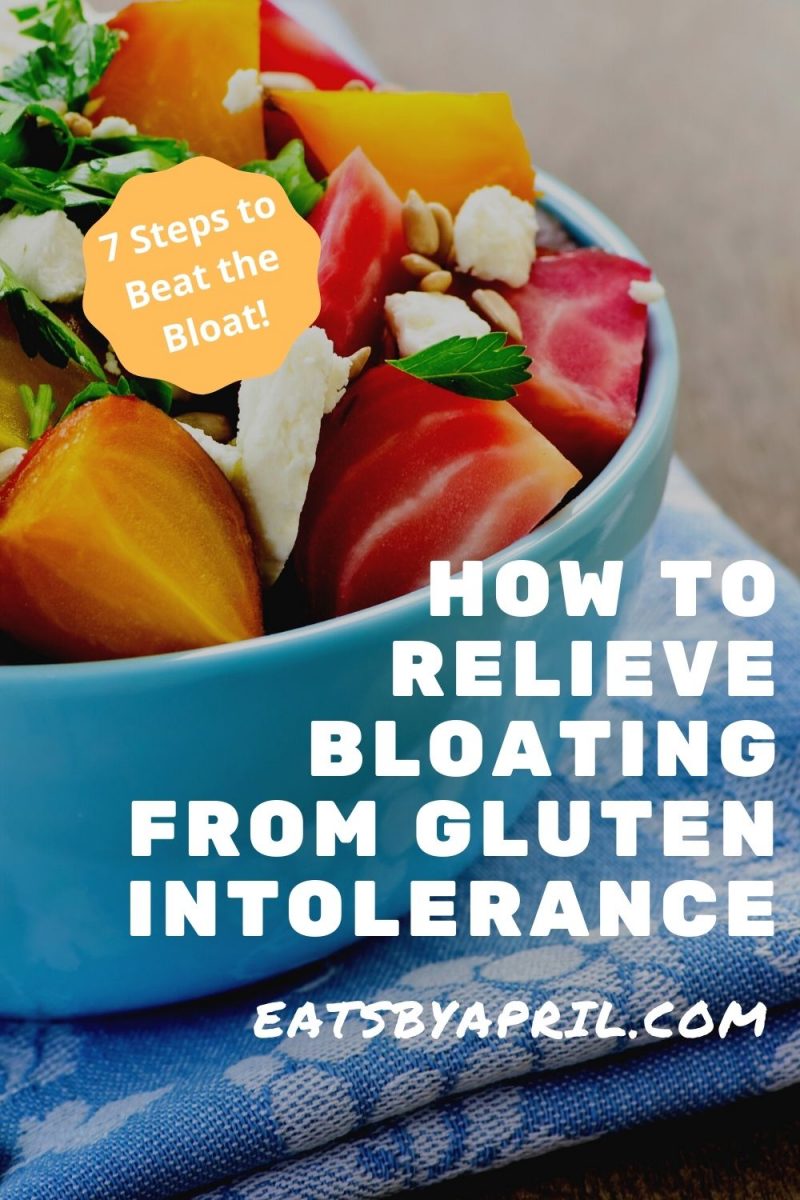
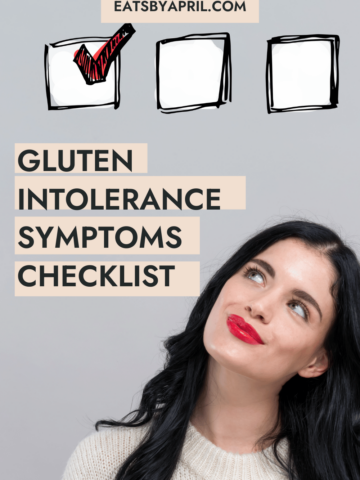

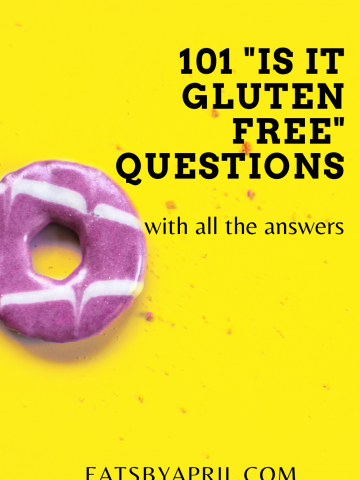
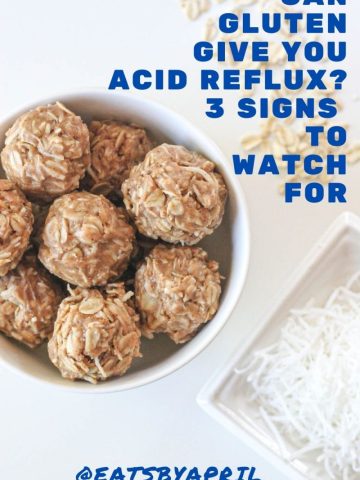
Comments
No Comments